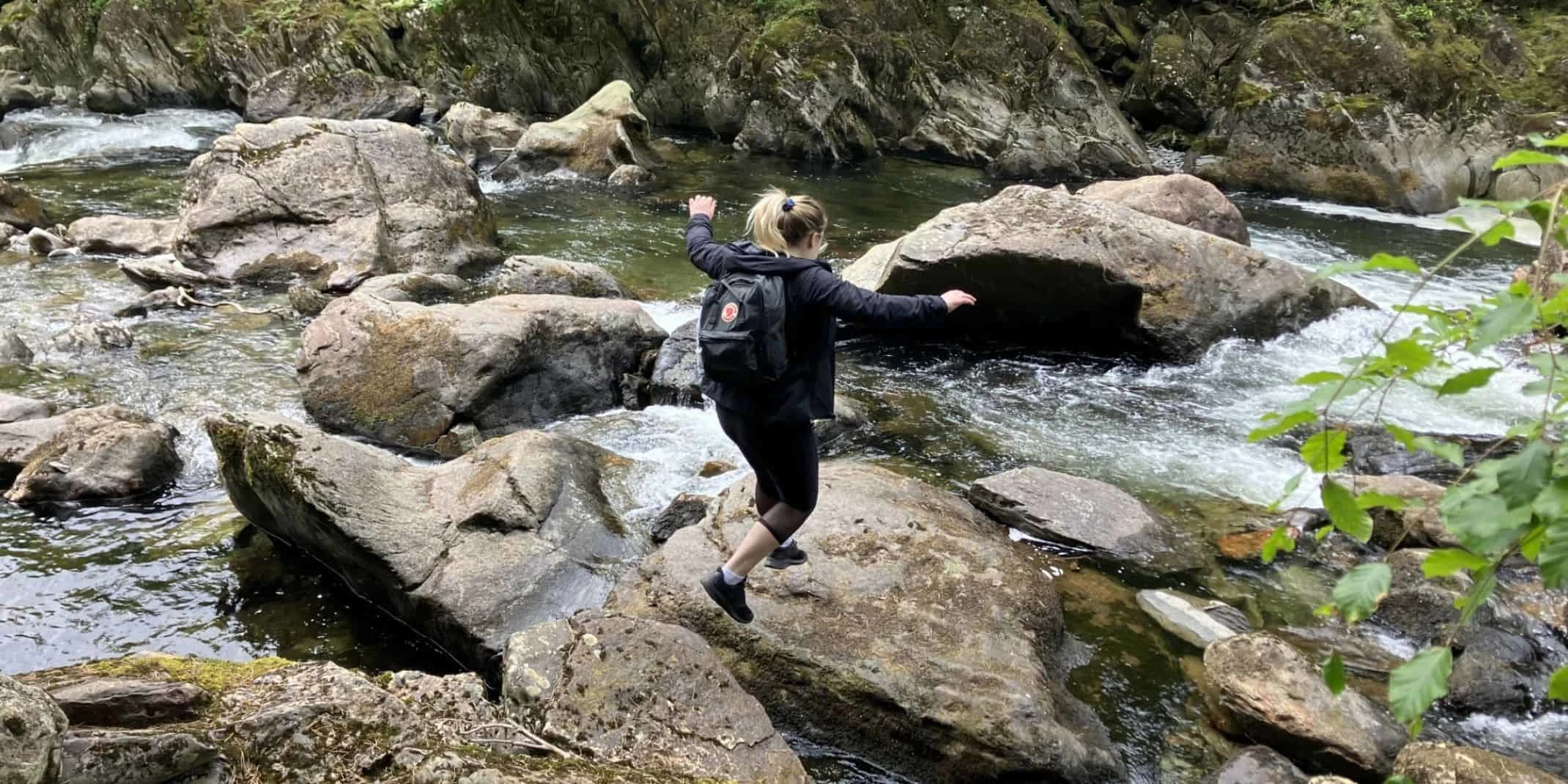Meet our research integrity experts: Alice Darlington
27 June 2025 | 8 min read
By Liana Cafolla

Based in Manchester, UK, Ethics Expert Alice Darlington works with a global team on Elsevier’s Research Integrity & Publishing Ethics Center of Expertise.
Teamwork, integrity and her own particular brand of tenacity help Publishing Ethics Expert Alice Darlington root out ethical misconduct.
Publishing Ethics Expert Alice Darlington, who joined Elsevier’s Research Integrity & Publishing Ethics Center of Expertise in September 2023, describes her job as having three main parts: working as part of a small team investigating complex cases often involving multiple papers and journals, working independently on cases pertaining to individual papers, and taking part in training and outreach initiatives. But whichever aspect she’s working on supports the same mission:
“The most important thing I do is keep momentum with colleagues, editors and our society partners to resolve investigations and correct the scientific record in as timely a manner as possible,” she said.
On a typical day, she validates allegations of concern with her strong investigative skills and the use of in-house developed technology. She details concerns and specific questions for authors to address, and then discusses her findings and additional evidence provided by authors with editors. For more complex cases, she develops a case strategy with a small team and together they work to validate multiple signals across tens to hundreds of papers.
The most important thing I do is keep momentum with colleagues, editors and our society partners to resolve investigations and correct the scientific record in as timely a manner as possible.
Alice Darlington
Publishing Ethics Expert at Elsevier
Navigating unique investigations
No two cases are the same. While there are robust protocols to guide our investigations, it’s important to carefully consider all the different pieces of evidence and author explanations. “Ethics cases can be almost exactly the same but have a tiny difference, and that will change the outcome of the case,” she explained.
“I don’t make assumptions about any case, and each case has nuances that need to be thoughtfully considered for alignment with our policies and industry best practices."
It’s an interesting and challenging mix of tasks, and she approaches them with painstaking caution and as much patience as she can muster.
“The most exciting thing is when I’m able to put the final piece of a puzzle together,” she said. “It is critical that our investigations are detailed and thorough enough. All authors have a right to due process. And I appreciate the consequences that a retraction decision may have on a researcher’s career.”
I don’t make assumptions about any case, and each case has nuances that need to be thoughtfully considered for alignment with our policies and industry best practices.
Alice Darlington
Publishing Ethics Expert at Elsevier
Where tech meets teamwork
Technology is a key tool in Alice’s work, and she uses it heavily, particularly in the early stages of an investigation to help select the next area to scrutinize. At the outset, for example, she may use Proofig AI to look for signs of image manipulation or duplication, and the plagiarism detection software iThenticate to seek evidence of plagiarism.
New tools are constantly being developed, and the team’s systems and structures are evolving in tandem. Alice says the close interaction between teamwork and technology helps her get it right, and she describes her teammates as supportive and generous in sharing their knowledge and experience.
“Everyone has different expertise,” she said. “Some of the team have really strong academic backgrounds and understand the norms. The team is really good at sharing examples, sharing ideas. I think generally in ethics, it’s exposure [that’s important], so it’s great to go to meetings where I don’t know the answer and listen to other people share their viewpoints and experience with past cases.”
Whatever their background, team members show a deep commitment to their shared mission.
“I really noticed in the team that no problem is too small,” she said. “Everyone really cares about research integrity and about making sure we make those right decisions.”
I really noticed in the team that no problem is too small... Everyone really cares about research integrity and about making sure we make those right decisions.
Alice Darlington
Publishing Ethics Expert at Elsevier
Cracking a case
The interplay of technology and teamwork was in evidence in a recent case Alice worked on where an author had added several co-authors at the post-acceptance stage without the permission of the editor. After an initial scan highlighted that several dozen papers had been submitted close together, Alice’s next step was to alert the editors of the journals concerned.
Then she turned to the author. “We always go to the author for an explanation,” she said.
After reviewing the author’s explanation, Alice checked with a data expert on the team and her initial suspicions were confirmed. She reverted to the editors with her findings, who ultimately decided to make retractions.
Key attributes for researchers
Along with being honest and seeking guidance in cases of uncertainty, the willingness to confront uncomfortable but necessary questions is a particularly important attribute for researchers in the world of academia, she believes, noting that hierarchical power structures can deter people from speaking up.
“There may be very prestigious people who might be asking you to do something that you’re not comfortable with, which is really difficult,” she said. “Calling out a problem in that environment can be really hard. However, we respect the privacy of complainants, especially those requesting anonymity, and your voice can be heard even if you don’t want to be linked to it specifically.”
Meet our research integrity experts:
Research integrity at Elsevier
Contributor
